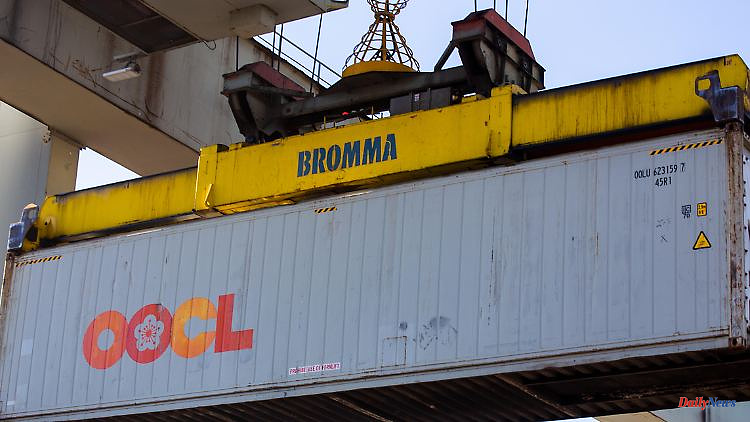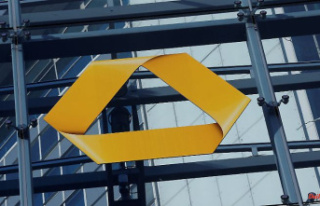In view of the Russian invasion and inflation, fears of a recession in Germany are high, apparently unjustly. A recent study shows that the risk of a downturn is decreasing. It is now below 22 percent. Incoming orders are increasing, and export prospects are also positive.
According to a study, the probability of a recession in Germany has decreased significantly. For the three months from February to April, the risk fell to 21.7 percent, according to the indicator of the institute for macroeconomics and business cycle research (IMK), which is close to the trade unions. This is the fourth decline in a row.
At the beginning of January, the probability for the following three months was still 29 percent. The early warning instrument, which works according to the traffic light system, switched to the lower warning level "yellow-green" for the first time since February 2022, which stands for moderate economic growth.
"The German economy is likely to have bottomed out," said IMK economic researcher Thomas Theobald. An economic recovery should start in the spring. Despite the improved prospects, however, a high degree of uncertainty remained. "Whether the recovery over the course of the year will allow for more than subdued growth is a question mark given the further rise in interest rates," said Theobald. "The development of production in energy-intensive branches of industry is also proving to be a problem child."
According to the IMK, the significant easing in the risk of recession is mainly due to positive trends in sentiment and financial market indicators. The export prospects in particular are brightening - also because the US economy is developing robustly despite high interest rates and the situation in China is normalizing. Incoming orders in the manufacturing sector have also recently been pointing upwards.
The gross domestic product (GDP) surprisingly fell by 0.2 percent before the turn of the year, after having increased by 0.5 percent in the summer quarter. If there is a second minus in a row in the current first quarter, economists speak of a technical recession. With a view to the scenario of a sequence of two quarters with shrinking economic output, IFO boss Clemens Fuest said on Tuesday at the so-called Leibniz economic summit: "We are right on the border - so probably already". But a recession will be rather shallow.












